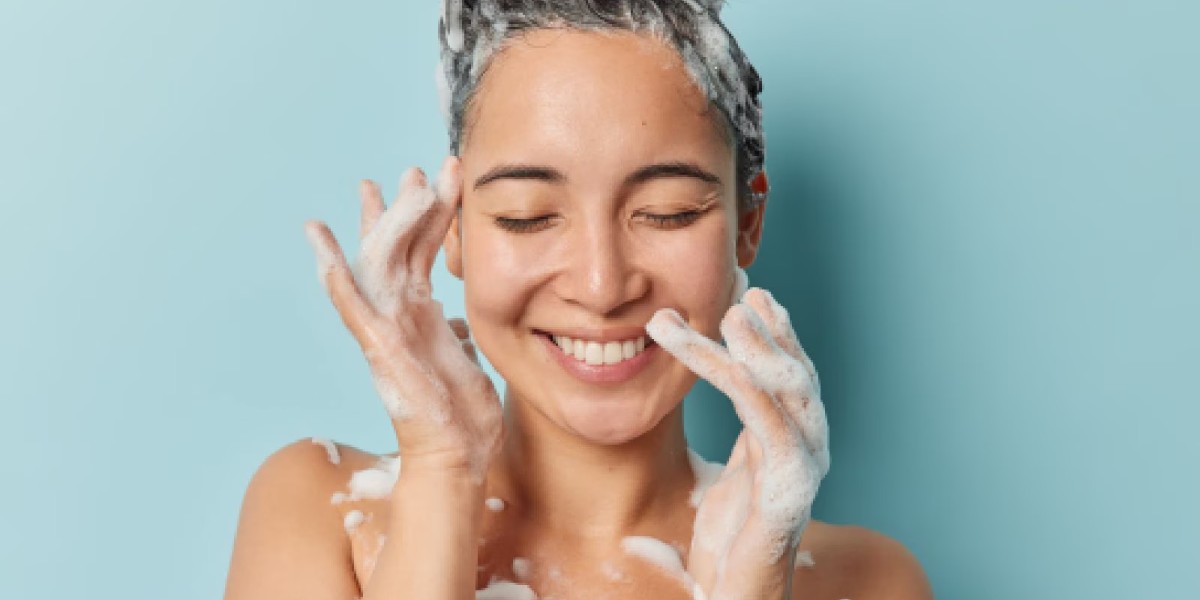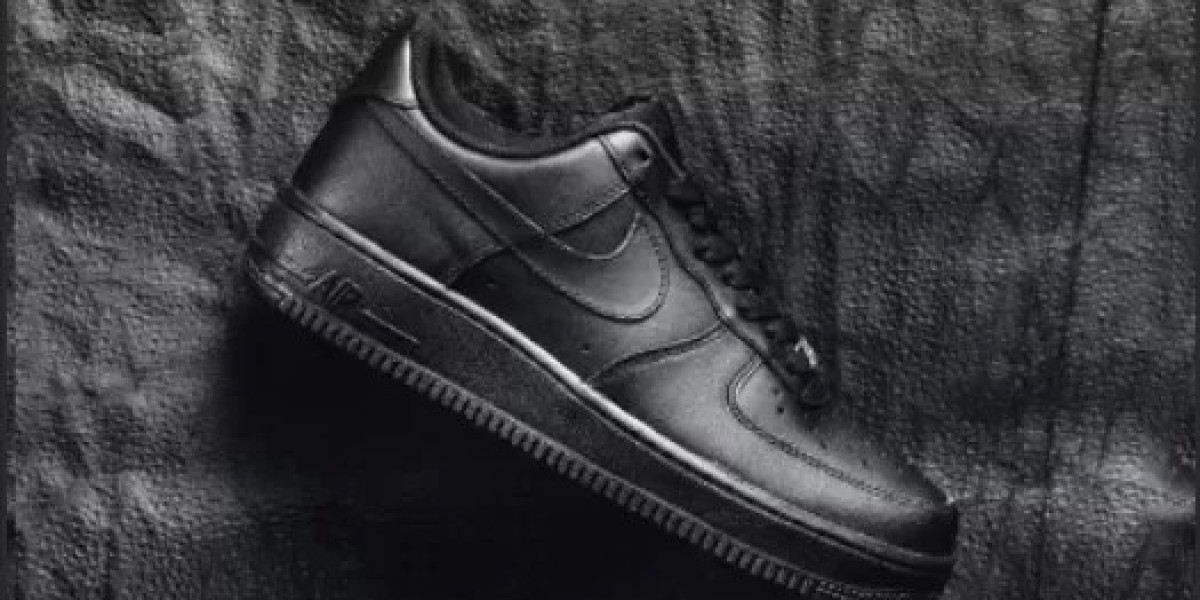Biotin, also known as vitamin B7, has become a popular ingredient in hair care products, particularly shampoos. But does it truly live up to the hype? This article explores the science behind biotin shampoo, their potential benefits and drawbacks, and how to choose the right one for your hair type.
What is Biotin?
Biotin is a water-soluble B vitamin that plays a crucial role in various bodily functions, including:
- Cellular metabolism: Biotin helps convert carbohydrates, fats, and proteins into energy.
- Keratin production: Keratin is a protein that forms the building blocks of hair, skin, and nails. Biotin is essential for keratin production and maintaining healthy hair structure.
- Fatty acid synthesis: Biotin contributes to the production of fatty acids, which nourish the scalp and hair follicles.
While biotin is naturally found in certain foods like eggs, nuts, and avocados, deficiency is rare. However, some factors like pregnancy, certain medications, and genetic conditions can decrease biotin levels.
Biotin and Hair Health: The Science
The connection between biotin and hair health remains a topic of ongoing research. Here's a closer look at the existing evidence:
- Limited clinical studies: Some small-scale studies suggest that biotin supplementation might improve hair growth in individuals with a deficiency. However, these studies often involve participants with existing hair loss conditions.
- Anecdotal evidence: Many users report positive experiences with biotin shampoos, including thicker, stronger hair and reduced breakage. However, anecdotal evidence lacks scientific rigor and may be influenced by other factors in their hair care routine.
- Theoretical benefits: Biotin's role in keratin production and cellular metabolism suggests it might contribute to healthier hair growth. However, more research is needed to understand the direct impact of topical application through shampoos.
It's important to note that biotin shampoos primarily cleanse the scalp and hair. While biotin might be absorbed to some extent through the scalp, the effectiveness of topical application for hair growth remains inconclusive.
Potential Benefits of Biotin Shampoos
While the science on biotin's direct impact on hair growth is inconclusive, biotin shampoos might offer some benefits:
- Healthy scalp: Biotin can contribute to a healthy scalp environment, which is essential for optimal hair growth.
- Thicker appearance: Biotin might help strengthen hair strands, giving them a fuller and thicker appearance.
- Reduced breakage: Stronger hair is less prone to breakage, which can be a concern for those with dry or damaged hair.
- Gentler cleansing: Biotin shampoos are often formulated to be gentle and suitable for most hair types.
These benefits, however, might not be solely attributable to biotin. Many biotin shampoos also contain other nourishing ingredients like vitamins, antioxidants, and moisturizing agents that can contribute to hair health.
Drawbacks and Considerations
Biotin shampoos are generally safe for most people. However, there are a few things to consider:
- Limited evidence: As mentioned earlier, the direct link between biotin shampoos and hair growth lacks strong scientific backing.
- Potential for allergic reactions: While rare, some people might experience allergic reactions to certain ingredients in biotin shampoos. It's always advisable to do a patch test before regular use.
- Not a cure-all: Biotin shampoos are unlikely to address hair loss caused by underlying medical conditions, hormonal imbalances, or genetics.
If you're experiencing significant hair loss, it's crucial to consult a dermatologist or trichologist (hair specialist) to determine the root cause and explore appropriate treatment options.
Choosing the Right Biotin Shampoo
If you're interested in trying a biotin shampoo, here are some tips for choosing the right one:
- Hair type: Look for shampoos formulated for your specific hair type (dry, oily, color-treated, etc.). Biotin shampoos often come in various options to address different hair concerns.
- Ingredient list: Check the ingredients beyond biotin. Look for shampoos with nourishing ingredients like vitamins, antioxidants, and moisturizing agents that cater to your hair needs.
- Fragrance: Consider fragrance-free options if you have a sensitive scalp.
- Brand reputation: Opt for shampoos from reputable brands known for using high-quality ingredients.
Remember, consistency is key! For optimal results, use a biotin shampoo regularly as part of your hair care routine.
Beyond Biotin Shampoos: A Holistic Approach to Hair Health
While biotin shampoos might offer some benefits, a holistic approach is essential for healthy hair. Here are some additional tips:
- Balanced diet: Ensure your diet is rich in nutrients that support hair health, such as protein, iron, vitamins A, C, D, and E.
- Gentle hair care: ...chemical treatments that can damage hair.
- Scalp massage: Regular scalp massage can improve blood circulation to the scalp, promoting hair growth.
- Manage stress: Chronic stress can contribute to hair loss. Relaxation techniques like yoga or meditation can be beneficial.
- Supplements: Consider consulting a doctor or dermatologist about biotin supplements if you suspect a deficiency. However, remember that supplements are not a substitute for a healthy diet.
- Stay hydrated: Drinking plenty of water keeps your body and scalp hydrated, which is vital for healthy hair growth.
Conclusion
Biotin shampoos can be a gentle and potentially beneficial addition to your hair care routine. However, it's crucial to manage expectations and understand that the science supporting their direct impact on hair growth remains inconclusive.
For optimal hair health, focus on a balanced diet, gentle hair care practices, and managing stress. If you're experiencing significant hair loss, consult a dermatologist to identify the underlying cause and explore appropriate treatment options.
Remember, healthy hair is a reflection of your overall well-being. By taking care of yourself from the inside out, you can promote beautiful, strong, and healthy hair.








